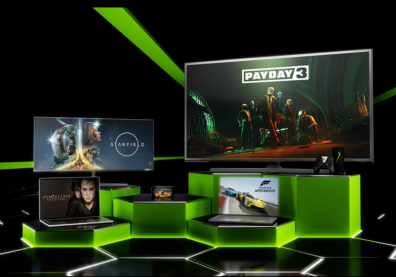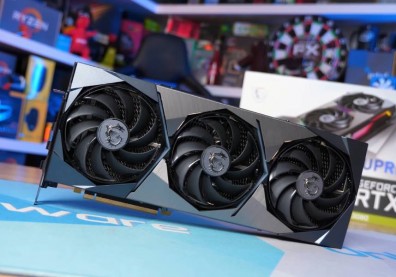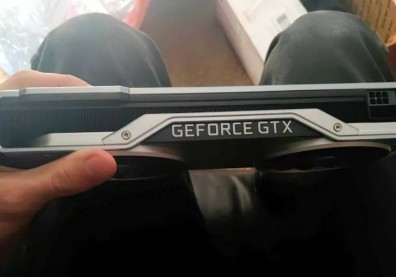Nvidia has released today one of its cheapest new Pascal-powered graphic cards, the GTX 1050 Ti which starts at $139. To add more excitement, on November 8, the GTX 1050 will be released which starts at $109.
Customizing a computer is expensive, especially if it's meant for gaming. But, thanks to Nvidia for releasing the cheapest graphic cards to date, the GTX 1050 Ti and soon the GTX 1050. According to GameSpot, these new graphic cards can run modern games at 1080p and 60fps.
Clearly, the pricing strategy of Nvidia is directly competing with the AMD's Radeon RX 460 which has the same price range. In PC Gamer's report, the GTX 1050 and GTX 1050 Ti are both based on GP107, which is new and manufactured on Samsung's 14nm FinFET process.
Moreover, PC World reported that Nvidia's GTX 1050 has 2GB memory capacity, while GTX 1050 Ti has 4GB memory capacity. Both graphic cards draw under 75W of power which is compatible with pre-built boxed computers. Also, GTX 1050 Ti has 768 CUDA cores, while GTX 1050 only has 640 CUDA cores. However, GTX 1050 has a higher base clock speed at 1354 MHz than to 1290 MHz of GTX 1050 Ti.
In addition, Nvidia GTX 1050 and GTX 1050 Ti also sport features from other Pascal-based GTX 10 series cards like HDR Support, simultaneous multi-projection, Ansel super screenshots, Fast sync and multi-resolution shading. Also, GTX 1050 and GTX 1050 Ti has been tested from an existing Core i5 Haswell computer and it provided a huge boost in gaming performance.
On their own, both GTX 1050 and GTX 1050 Ti graphic cards offer decent features to people who want to update their computers. Although these two may not have high-end specs like the other GTX 10 series, it can still provide a good gaming experience.
Meanwhile, aside from GTX 1050 and GTX 1050 Ti, Nvidia GTX 1060 is also available in $250 price range. For the higher-end it costs around $600 making GTX 1080 the best choice. However, Nvidia's competitor, AMD just dropped the price of Radeon RX 460 and Radeon RX 470 with suggested price of $100 and $170 respectively, following Nvidia's launching of GTX 1050 and GTX 1050 Ti.









